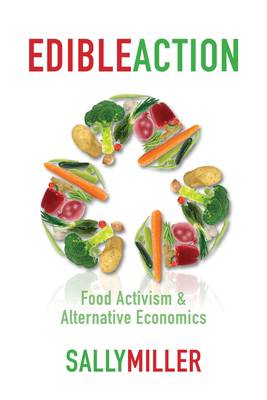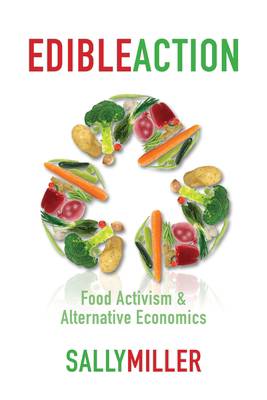
- Afhalen na 1 uur in een winkel met voorraad
- Gratis thuislevering in België vanaf € 30
- Ruim aanbod met 7 miljoen producten
- Afhalen na 1 uur in een winkel met voorraad
- Gratis thuislevering in België vanaf € 30
- Ruim aanbod met 7 miljoen producten
Zoeken
€ 25,45
+ 50 punten
Omschrijving
Arguing that food is peculiarly situated to address the ills of an unjust economic structure, this analysis illustrates how the food system fails growing numbers of people across the world every day. While hunger, obesity, and food-borne illness have all increased in recent years, this study reveals that ubiquitous commitments to change still exist, including food movements and enterprises dedicated to making the world a better place to eat and live. From farmers' markets to fair-trade coffee, food initiatives offer a pattern of powerful alternatives to conventional food economics; for, the guide asserts, conventional food economics only benefit a handful of people and corporations. Controversial and eloquent, this examination suggests how the general population can mobilize against an unfair economic system in order to improve their daily diets.
Specificaties
Betrokkenen
- Auteur(s):
- Uitgeverij:
Inhoud
- Aantal bladzijden:
- 191
- Taal:
- Engels
Eigenschappen
- Productcode (EAN):
- 9781552662809
- Verschijningsdatum:
- 1/04/2009
- Uitvoering:
- Paperback
- Formaat:
- Trade paperback (VS)
- Afmetingen:
- 152 mm x 226 mm
- Gewicht:
- 272 g

Alleen bij Standaard Boekhandel
+ 50 punten op je klantenkaart van Standaard Boekhandel
Beoordelingen
We publiceren alleen reviews die voldoen aan de voorwaarden voor reviews. Bekijk onze voorwaarden voor reviews.











